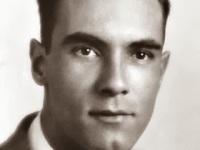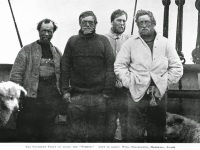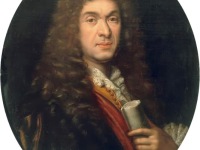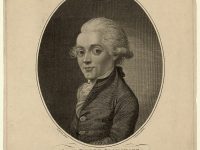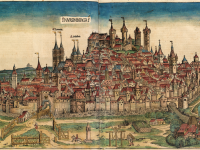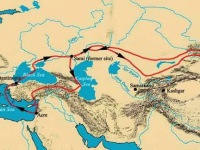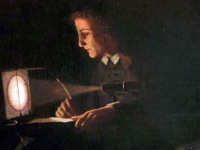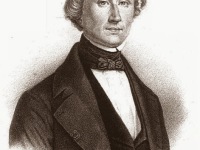Carl David Anderson and the Discovery of the Positron
On January 11, 1991, American physicist Carl David Anderson passed away. He is best known for his discovery of the positron in 1932, an achievement for which he received the 1936 Nobel Prize in Physics, and of the muon in 1936. “The atom can’t be seen, yet its existence can be proved. And it is simple to prove that it can’t ever be seen. It has to be studied by indirect evidence — and…
Read more

